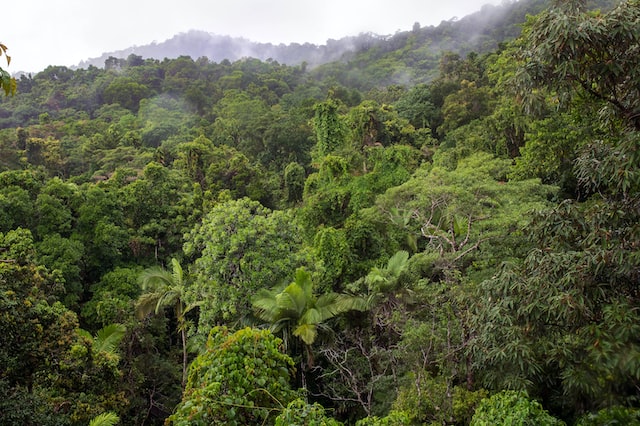Four countries are to blame for the impact of industrial mining on tropical forest loss, an international team of scientists found in a study. Those countries are Brazil, Indonesia, Ghana, and Suriname.
Recent research shows that industrial-scale mining for materials such as coal, gold, and iron ore, is driving tropical deforestation. Previously untouched forests have been “cleared” for mining and road access.
The results of the latest study were released Monday 12th September 2022 in the journal Proceedings of the National Academy of Sciences (PNAS). At least 70 percent of deforestation is done to clear agricultural land, yet according to the study, scientists cited industrial mining as a growing concern due to the growing global appetite for minerals used in clean energy technologies to combat climate change.
“The energy transition will require very large amounts of minerals – copper, lithium, cobalt – for decarbonisation technology,” said study co-author Antony Bebbington, a geographer at Clark University in Massachusetts, USA.
In compiling the new study, researchers studied global satellite images and forest loss tracking data, in addition to researching location information for industrial-scale mining operations over the past two decades. The study did not measure the impact of small-scale and artisanal mining, which presents different challenges because pollution is not controlled.
Overall, according to the study, 26 countries have been responsible for most of the world’s tropical deforestation since 2000. In terms of industrial mining sites, four countries dominate. The most significant losses are said to be in Indonesia, where coal mines in Kalimantan have been expanded to meet fuel demands from China and India.
Ghana and Suriname also show high deforestation rates around gold and bauxite mining areas that ship materials used in aluminium and other products. Meanwhile, Brazil’s gold and ore extraction is driving deforestation.
Mining operations often clear forests to expand extraction sites and storage facilities for tailings– mine waste – and to build access roads and settlements for miners.
Environmental engineer Juliana Siqueira-Gay, from the nonprofit Instituto Escolhas in Brazil, who was not involved in the study, said that road construction and other development activities are often not included in environmental impact assessments, which are carried out before mines are approved.




